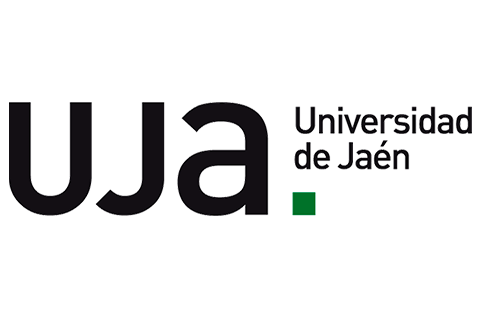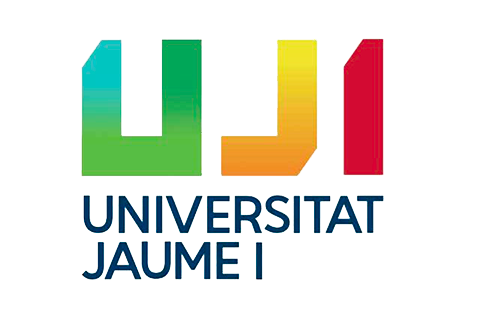Enfoque
Abstract
This paper presents research conducted in an undergraduate education program at a Colombian public university. 60 students enrolled in a research course participated in the qualitative study to explore their conceptions of research, topics of interest, and the implementation of problematizing education in formative research. Data were obtained with oral and written contributions during classes and interviews and analyzed through thematic analysis. The results indicate that: research is conceived as a systematic process aimed at increasing knowledge about a phenomenon to find alternatives to problems, cause positive political changes, and achieve social justice; the implementation of questions and tasks oriented from problematizing education has stimulated critical stances regarding the selection of research topics.
Introduction
In 2015, the Colombian Ministry of National Education (MEN) implemented changes in the guidelines for education programs regardless of the specificity of the field of study. This regulation, together with the culture of permanent evaluation established in our Universidad Industrial de Santander (UIS), led to the revision and transformation of the undergraduate programs of the School of Languages. Based on the information provided by professors, students, graduates, administrators, and other members of the university community, as well as employers, foundations, and associations, the strengths, needs, and challenges of the programs were analyzed and actions were decided and planned to respond to the current dynamics at the local, regional, national and international levels.
One of the specific changes was the introduction of some courses to strengthen the disciplinary, research, and pedagogical components of the English Language Teaching Education program (ELTep). In addition, other courses were rethought or integrated into the curriculum to invite our students to adopt critical postures inside and outside the classroom. Besides, posing-problem education was adopted as one of the approaches for the development of the courses due to its inquisitive and critical nature.
This problem-posing approach necessarily entails curiosity and research and paves the way to transform reality as they operate on one of the Freirian principles that recognize the ontological call that human beings have to explore various possibilities to fully develop individually and collectively thanks to their acting on the world. As this experience is dynamic, it triggers the changes to find alternatives to the problem under active consideration (Pedagogy of the oppressed, p.32). Curiosity stimulates the ability to question what one wants to know; it is epistemological and, according to Freire, requires a balance between theory and practice.
Methodology
For conducting the study, a qualitative approach and a Grounded Theory design were followed. Data were collected from oral and written contributions of the participants during classes and group and individual interviews; the information was examined with thematic analysis. Purposive sampling was employed: 30 participants were enrolled in the FER course in their fifth semester in 2021-2, and the other 30, in 2022-1. There were 60 participants in total.
Results
Regarding the conception of research, two categories of analysis emerged: definition and purposes of research. In general, research is considered a systematic process of disciplined inquiry. According to the purposes, three subcategories emerged: knowledge, problem, and change. The majority affirms that research is conducted to learn more about a situation or phenomenon in order to find alternatives to problems, cause positive political changes, and achieve social justice (Creswell & Creswell, 2018; Mertens, 2009). This approach evidences characteristics of applied research that seeks to solve real-world problems; also, it reflects the pragmatic and transformative paradigms. The former is problem-centered and praxis-oriented to reflect on the consequences of actions, and the latter is focused on political changes that favor justice and community action (Creswell & Creswell, 2018; Ellis, 2012; Mckay, 2006).
Concerning the research topics, four categories were defined: learning, teaching, factors that impact language learning, and language rights. It is undeniably true that there is still lively interest in learning and teaching systems (grammatical, lexical, phonological, and discursive) and language skills (listening, reading, speaking, and writing), and competencies related to language use, as well as in factors affecting language development, curriculum, and materials design, ICT integration and gamification in language learning (Anderson et al, 2014). However, students are increasingly focusing their attention on topics that address aspects that affect language development concerning the different realities of the students’ communities: language policies, their implementation and incidence in different contexts, linguistic hegemony and language as a tool of power, decolonial thinking, community approaches, inclusive education, queer rights and gender equality, and intercultural relations, among other topics that promote the adoption of critical positions to propose alternative solutions to problems (Castañeda-Peña et al, 2018).
This growing interest in topics that affect minorities, denounce discrimination, enforcement, and inequality, and question imposed practices disregarding the particularities of the context and community knowledge, has been stimulated somehow by the changes introduced in the curriculum and the development of the courses. Such changes are aimed at cultivating critical attitudes and encouraging creativity to propose alternatives for positive transformation. The participants affirmed that they feel more committed to these issues because it allows them to know and understand their realities better and to contribute not only to language learning but also to become actively involved in actions that provide opportunities for improving their environments.






































Deja tu comentario
Lo siento, debes estar conectado para publicar un comentario.